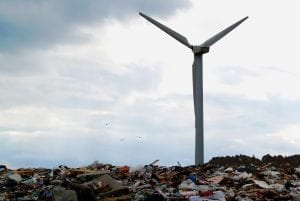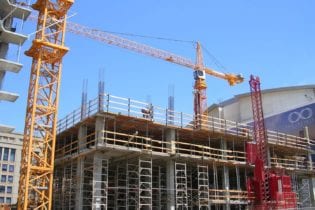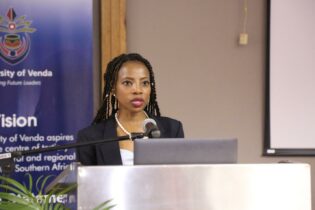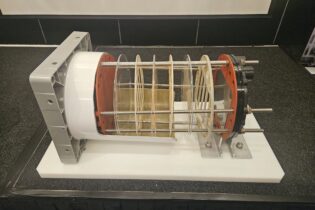
The eThekwini Executive Committee is considering a R20 million feasibility study into the possibility of turning excess waste into energy in the City.
Discussions with the City started in January and a Municipal delegation visited Newcastle, in the United Kingdom to see firsthand how the treatment plant worked, converting excess waste into renewable energy.
The presentation outlined possible benefits for the City which included further potential investment and the delivery of a long term road map which includes developing entrepreneurialism, empowering women, sustainable waste management and energy self-sufficiency. City Manager Sibusiso Sithole said eThekwini as most cities faced challenges of waste sitting in landfill sites. “Cities need to manage landfill sites and this new technology can turn waste into energy with by-products that can also be used by the Municipality. This will ensure no waste just lies around. The project also accommodates generated sludge as well. We should agree with this in principle,” he said. Sithole suggested a technical team be established with relevant units such as Durban Solid Waste, Water and Sanitation and the Legal Unit, to investigate the feasibility of the project and whether it would work for the City. The team would then report back to the Executive Committee to make a decision.






